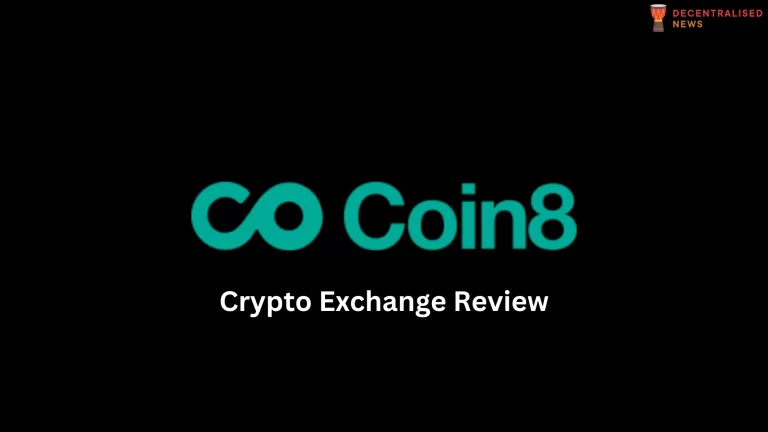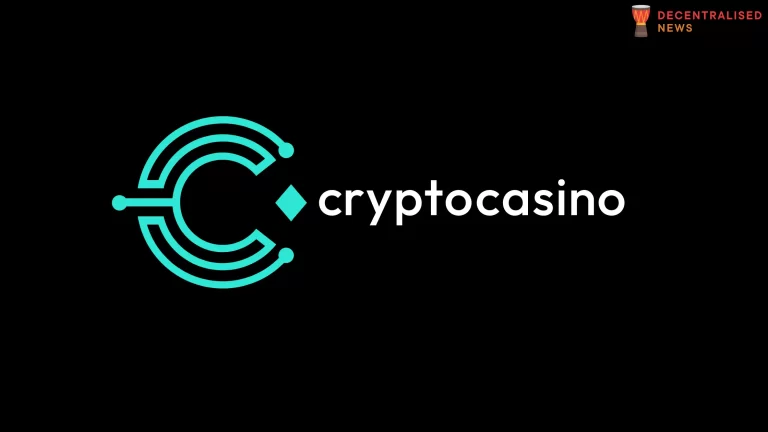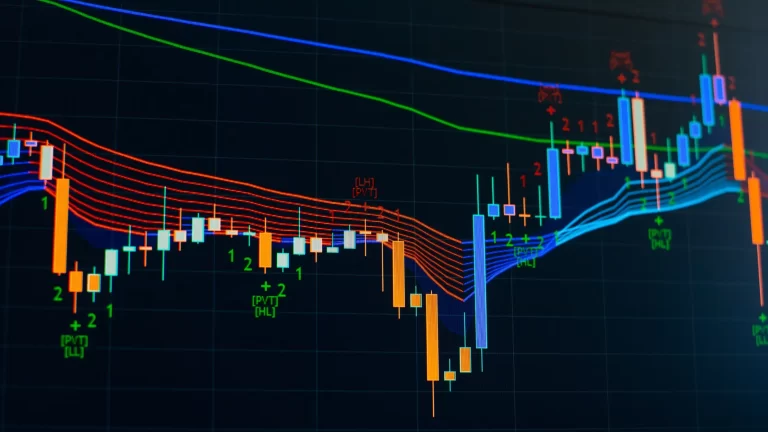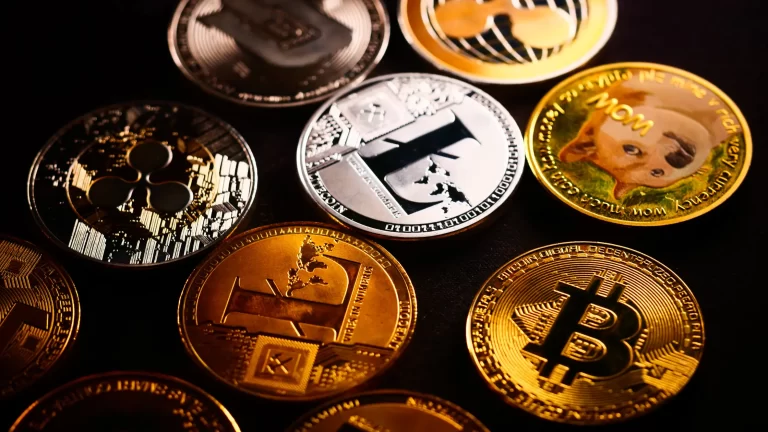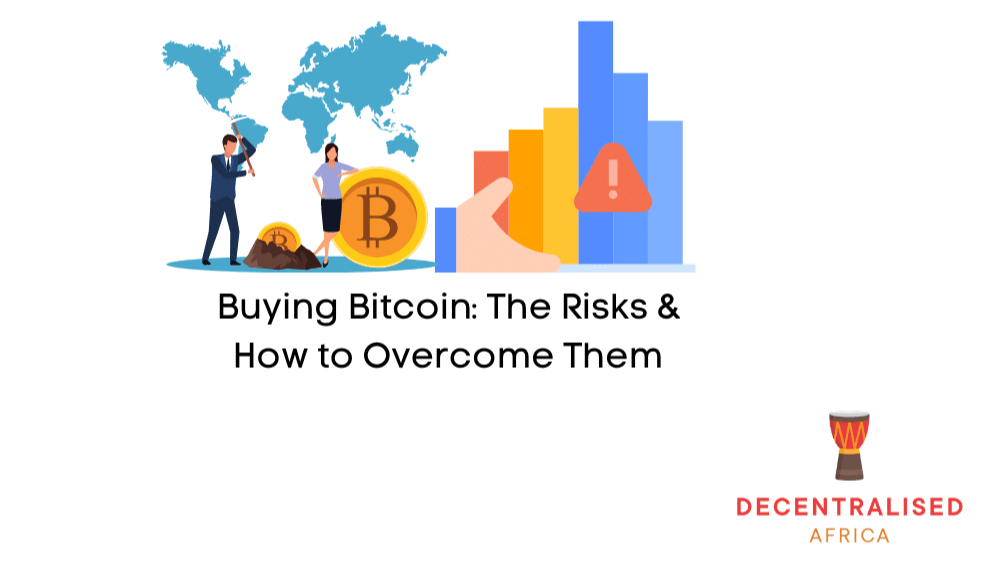
Bitcoin is the most popular cryptocurrency. Although decentralised and fairly accessible to most investors and traders, there are some inherent risks associated with digital currencies. These need to be addressed in order that people can devise the proper risk mitigation strategies in case they wish to buy bitcoin and hold the crypto asset as an investment or trade it.
Crypto scams
Newcomers in the crypto space are usually the primary targets for both low and high level bad actors operating in the shadows. These are typically individuals or entities that exploit people through various communication channels including social media platforms such as Facebook, Telegram, YouTube, WhatsApp and Twitter or via emails. They will generally sell captivating stories about how they have made astronomical gains through trading or investing in bitcoin. They would then solicit unsuspecting victims, proselytise, offer them their so-called ‘expertise’ and promise to provide lucrative profits. Other scammers convince people to join pyramid schemes. Both generally use jargon like ‘cloud mining’ or ‘algorithmic trading’ to confuse targets into thinking that they know some secrets that could make the targets large sums of money. Other major threats come in the form of rogue exchanges which pose as legitimate platforms but are in fact bucket shops for illicit activities.
How to avoid the risk: The ultimate way to avoid these scammers is to buy bitcoin from trusted and secure cryptocurrency exchanges like Remitano. Remitano uses a secure escrow system to ensure that the seller sends your bitcoin before they receive your payment since bitcoin transactions are irreversible.
If you must buy BTC via a peer-to-peer exchange using social media, then make sure you verify the legitimacy of the parties with which you transact. There are some paid social media groups that apparently use an escrow system to monitor transactions between buyers and sellers but this means of buying bitcoin is generally not recommended.
Market volatility
Bitcoin is currently one of the most volatile assets in existence. Its volatility is an intrinsic risk that traders dread. The price of bitcoin could swing up or down by as much as over 20% within an hour. When prices drop suddenly and sharply, most novice traders or investors sell-off in a panic and most do so at a loss.
Bitcoin’s price movements like most traded assets is greatly affected by market news. For instance if a reputable investor or esteemed entity invests in bitcoin, what typically follows is price appreciation. And when there is news about a crypto exchange hack for instance, people panic sell and the price of bitcoin plummets.
How to avoid the risk: To prevent unnecessary losses after your bitcoin purchase, either establish buy and sell targets and stick to them so that you don’t react to every piece of news or get swayed by market sentiment. You can also dollar-cost average or if in South Africa, Rand-cost average. This means that you make your purchases consistently to a set schedule, irrespective of the price. This is generally good for those looking to invest long-term since the logic behind the strategy is that the average purchase price over time will work out to be better than trying to perfectly time the market. Let’s say you want to buy 1 BTC, you can buy it in increments of 10 i.e. buy 0.1 BTC at different intervals.
Volatility is a risk but day traders take advantage of the volatility to make profits. Day traders try to read the market and predict the price movements of bitcoin, opening and closing trades within a day.

Cybertheft
Bitcoin trading is powered by blockchain technology and the internet. The fact that it depends on the internet makes it susceptible to cyber attacks. One of the serious risks is that your wallet can be hacked. If your wallet gets hacked, you might not be able to retrieve the stolen bitcoin. There have been different reports about huge amounts of bitcoin lost to cyber theft. Exchanges are also susceptible to hacking, so if your wallet is hosted on such an exchange, your funds can be at risk.
It is also important for crypto market participants to ensure that they don’t misplace the private keys or seed phrases to their crypto wallets.
How to avoid the risk: To ensure your funds’ safety, ensure you trade on a reliable and trusted platform such as Remitano and open a private wallet address. Offline wallets are the most secure private wallets out there, so ensure you get one. You should also activate the two-factor authentication and encryption on your crypto wallet. Having a multi-signature feature and wallet backup will also help you secure your crypto assets.
Government regulation
Although the South African government is yet to regulate the use or trading of cryptocurrencies, it may still decide to impose a ban on bitcoin transactions at any time. The Nigerian government recently stated that it will be placing a ban on cryptocurrency transactions. Even though it is unlikely cryptocurrencies will be outlawed, there’s still a risk to consider.
Conclusion
Buying bitcoin is a straightforward process but also risky when you don’t understand the basics. Volatility is a major concern for bitcoin and cryptocurrencies and new market entrants ought to be extra vigilant. Security and regulatory issues are some of the other risks associated with bitcoin investing and trading. This is why you need to seek a better understanding of how the crypto market works and the various risks involved. The rule of thumb when it comes to investing in general is – only invest what you are willing to lose. The same applies when you decide to buy bitcoin.
Post contains sponsored links by Remitano p2p Exchange
